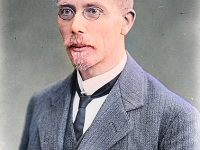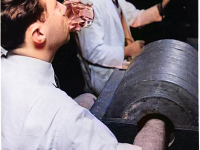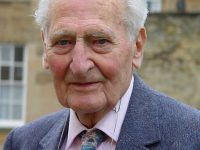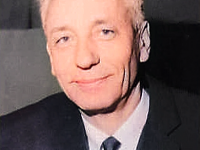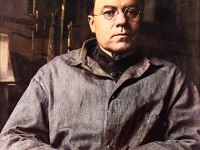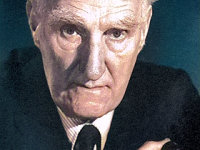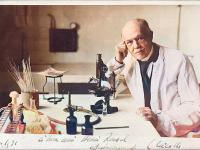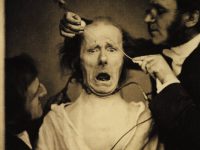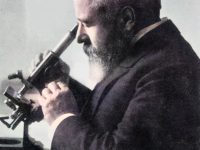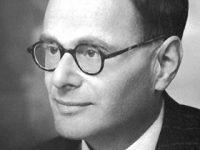August Krogh and the Capillary Motor Regulation Mechanism
On November 15, 1874, Danish zoophysiologist August Krogh was born. Krogh contributed a number of fundamental discoveries within several fields of physiology, and is famous for developing the Krogh Principle, which states that “for such a large number of problems there will be some animal of choice, or a few such animals, on which it can be most conveniently studied.” In 1920 August Krogh was awarded the Nobel Prize in Physiology or Medicine for…
Read more

